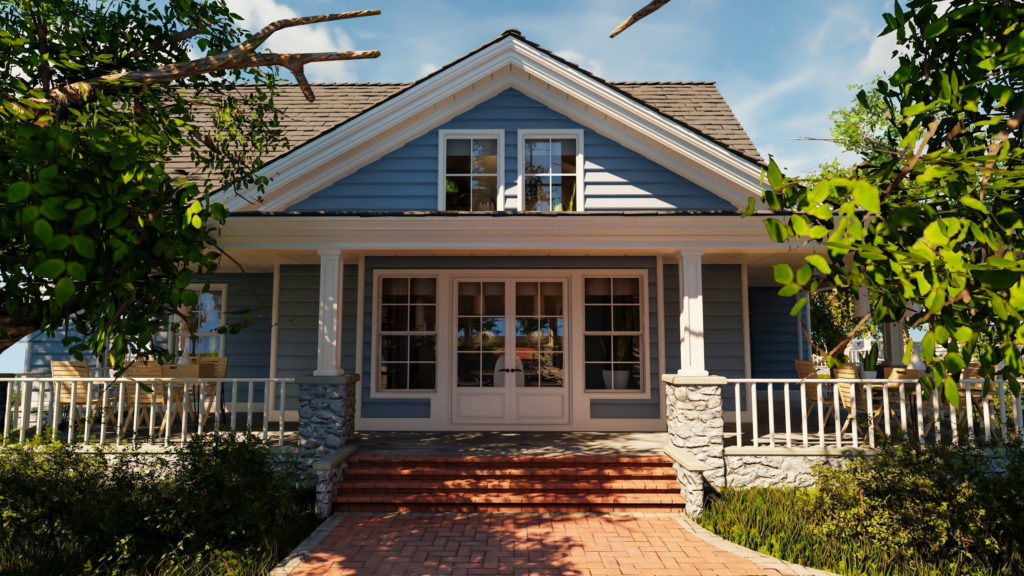
Blog
What is the Best Security Camera for Your Home?
What is the best security camera for your home? Discover the most important features of home security cameras to keep you safe. Learn more!
Smarterhome.org may earn a commission when you click on our affiliate links and this may impact the placement of listings. Learn more.
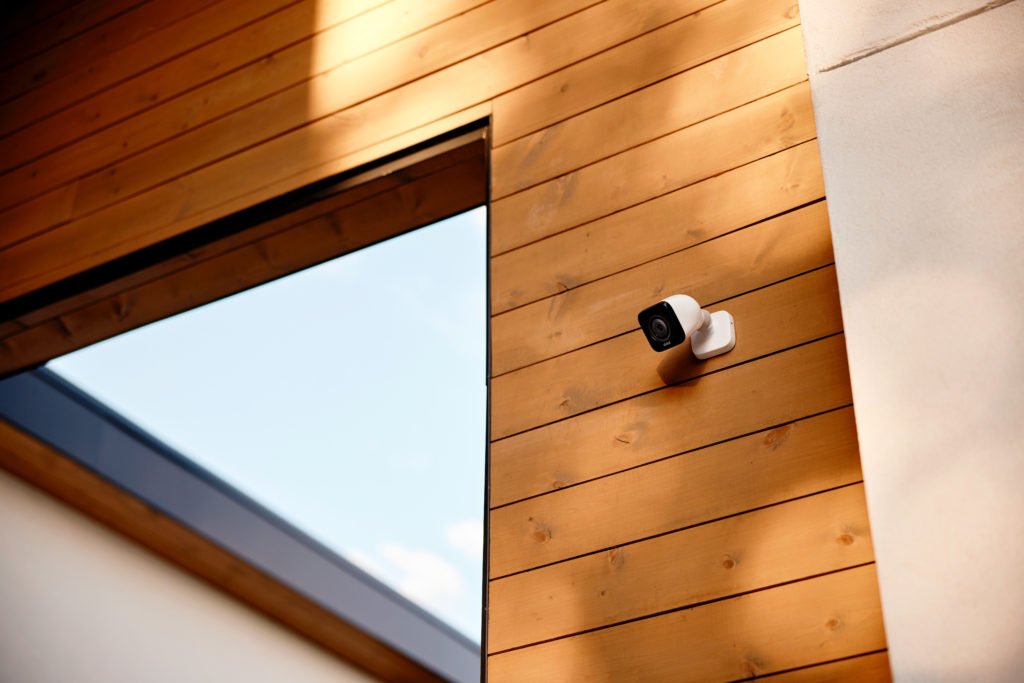
In 2022 it really doesn’t matter where you live, the extra peace of mind a security camera can bring to your family home is often worth the cost and installation.
However, with so many cameras on the market, it can be tricky to find one that fits your needs. There are so many features, benefits, pros, and cons of every available security camera — this can leave you wondering, how complicated can home security cameras be?
In this post, we’re going to make things simple again by breaking down the two main types — wired vs wireless security cameras. Both have their advantages and disadvantages and by the end of this post, you’ll know which is right for you.
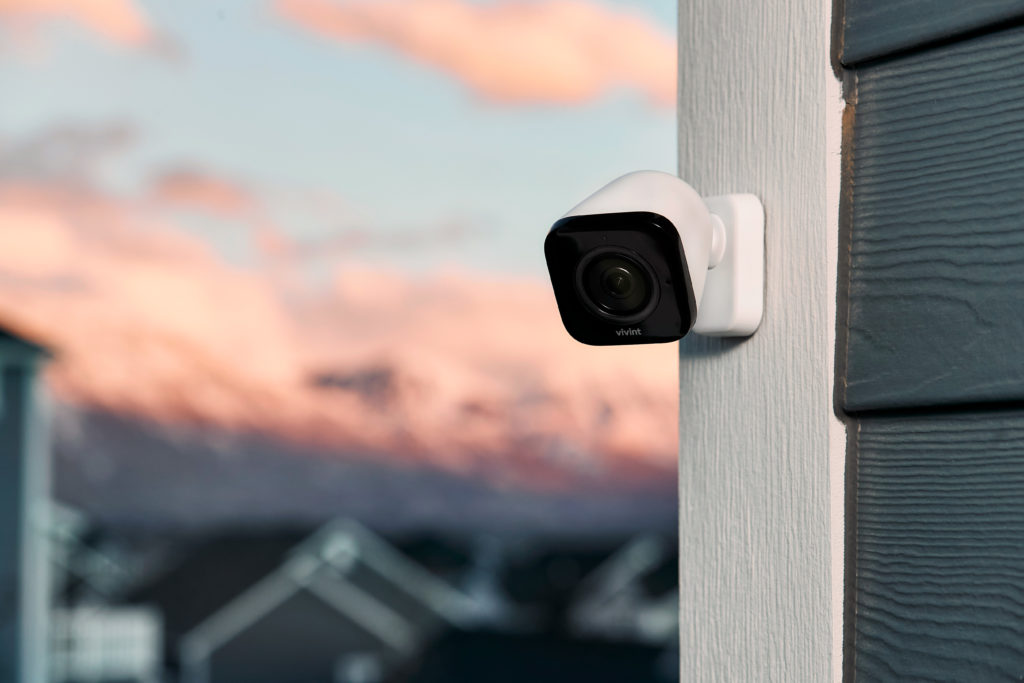
There are numerous reasons you may need a security camera including general security and peace of mind, especially if you live in an area with frequent break-ins or high crime rates. Security cameras can also be used for other reasons such as checking on your home while you’re away or monitoring wildlife.
Whatever your reason for wanting a security camera is, you can find the type of camera fits your needs.
Let’s take a look at wired vs wireless security cameras, the specifics of how each works, and the pros and cons of both.
A wired security camera is part of your security system connected by wires. This usually works by connecting camera(s) to a central hub at a location in your home. The camera needs to be both connected to the hub and a power source.
Because wired cameras are connected securely to the central hub, power source, and internet, they almost always outperform wireless cameras in terms of video quality. If you need a super clear, high-quality video image, then a wired camera may be right for you.
Because they are physically connected to a main power system, the likelihood of an outage is significantly lower when compared to a battery-operated or WiFi-powered camera.
Because your wired camera is connected physically, hacking to disable your camera is next to impossible. If it’s the ultimate security you want, then wired is the way forward.
Your camera is going to be connected to the internet via an ethernet cable coming directly from the main source in your home which means it’s not as likely your internet will cut out.
If you want to install your security camera yourself, wired cameras require at least some electrical knowledge. Although the many wires required are great for ensuring reliability and high-quality video, when it comes to getting set up, it can make things tricky.
It doesn’t matter if your wired camera is outdoor or in-home, because of the complicated setup process, wired security cameras often need professional installation. This adds a whole new layer of planning for getting your camera ready.
If you’re moving homes and want to take your camera with you, wired cameras can be an issue. They will likely require professional de-installation and are a hassle to sort out on top of other moving stresses.
For additional details on security cameras and home security systems visit our top picks page.
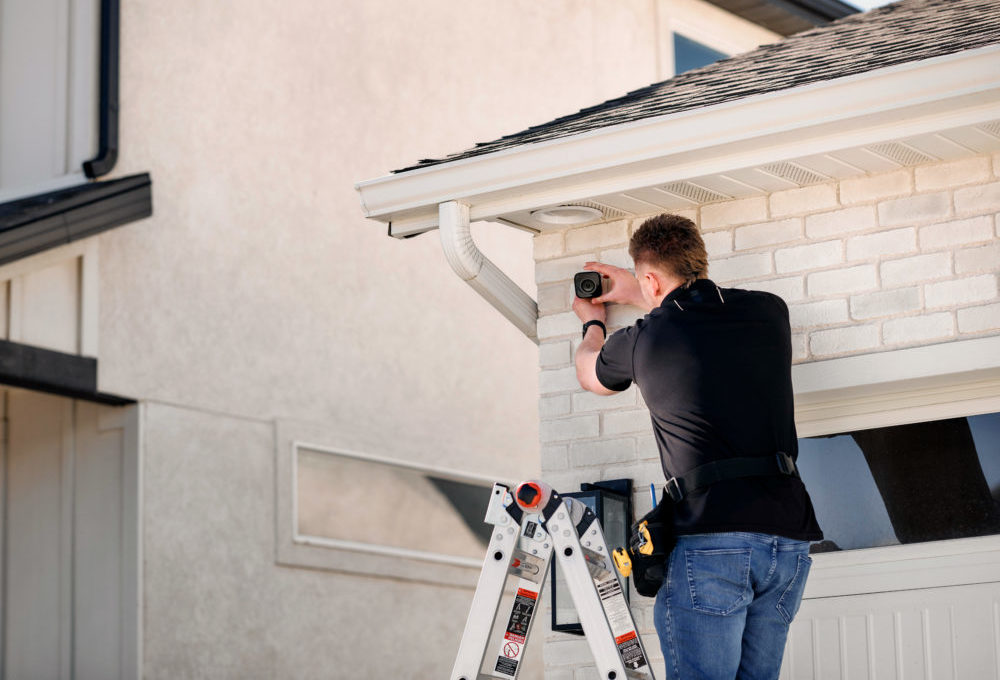
Wireless cameras use little to no wiring. They send video footage via your home’s WiFi network to your computer system. They’re often battery-powered and usually only record when they detect movement, in order to save battery.
Unlike wired cameras, wireless systems are super easy to install. They usually only require connection to WiFi and mounting it in the desired location. You’ll then have to connect it with your computer or a mobile app and you’ll be good to go.
If you’re moving homes, wireless cameras are fantastic. You can easily disconnect them yourself and re-install them at a new location without using any outside labor.
Wired cameras always run the risk of wires being cut, either by a potential intruder or by accident. Wireless cameras eliminate this issue as there are literally no wires present.
Because your wireless camera will likely rely on WiFi, the signal for relaying your video back to your computer or mobile phone isn’t as strong as a wired connection.
As wireless cameras aren’t connected to any power source, they rely solely on batteries, which need to be changed frequently.
With wireless cameras, you rely entirely on WiFi, which depending on your provider can let you down. If you don’t have a strong WiFi connection or your connection drops frequently, then it renders your wireless camera useless.
If you want a safe, reliable camera that provides the ultimate level of security, it may be worthwhile to invest in a wired camera. However, if you want individual cameras, the ability to install it yourself, or have a tighter budget, then wireless is for you.
Here are the pros and cons summarized:
For additional details on security cameras and home security systems visit our top picks page.

Blog

Blog
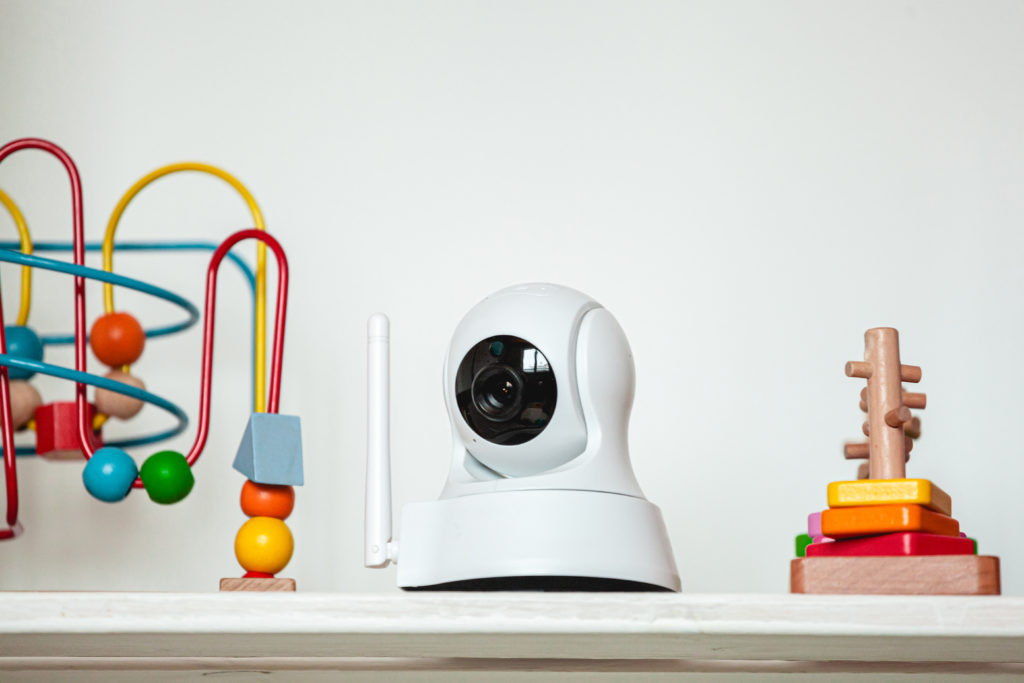
Blog
Freelance Editor for SmarterHome
Dan Harmon is an experienced copywriter and digital marketer, creating content across many industries.
Smarter Home was created to help you make an informed decision when choosing a home security system.
Powered by Soleo Communications, Inc. 2025. All rights reserved.
Requires 36-month monitoring contract starting at $38.99/mo. without QSP (24-month monitoring contract in California, total fees from $935.76) and minimum installation amount of $599 for professionally installed systems OR month-to-month monitoring contract for ADT Self Setup systems starting at $24.99 without QSP (one month minimum) and minimum purchase amount of $194.98. Professional monitoring required for ADT to notify emergency contacts or services on your behalf. Service and installation charges vary depending on system configuration, equipment and services selected. For reactivations of professionally installed systems, a $99 test and inspect fee applies . Upon early termination by Customer, ADT may charge 75% of the monthly service charges due for the balance of the initial contract term. Quality Service Plan (QSP) is ADT’s Extended Limited Warranty and is available for additional fee. Additional charges may apply in areas that require guard response service for municipal alarm verification. Professionally installed system remains property of ADT. Local permit fees may be required. Prices and offers subject to change and may vary by market. Additional taxes and fees may apply. Satisfactory credit required. A security deposit may be required. Simulated screen images and photos are for illustrative purposes only. For Self-Setup Systems, cancel by calling 888-392-2039 or by following the instructions in your order confirmation email. To avoid contract termination charges, cancellation must occur no later than 30 days after the contract date. Contract termination charges may be applied for cancellation after the initial 30-day period. Equipment must be fully removed and returned before a refund will be processed. Any shipping costs previously paid are non-refundable. Google and Nest Doorbell are trademarks of Google LLC. Some features, including mobile notifications, remote control, video streaming and video recording, require working internet and Wi-Fi. Minimum OS requirements are available at g.co/home/req. iOS is a trademark of Cisco and is used under license. Google Nest products and services featured are designed to make life easier and to build a helpful home and were not designed specifically for life-sustaining or safety-critical use cases. These products and services are compatible with the ADT Self Setup System, and depend upon working internet, Wi-Fi, and, in some cases, the service availability from ADT and/or Google. To learn more, please visit http://g.co/nest/TOS.
Money-back guarantee only applies after ADT has made attempts to resolve a system-related issue and has not been able to resolve that issue within the first six (6) months of your original activation. ADT Money-Back Guarantee is not transferable. Equipment must be returned before a refund will be processed. Conditions preventing normal system operation cannot be caused by the customer. For professionally installed systems only.
Customer may receive reimbursement of up to five hundred dollars ($500) of Customer’s homeowner’s insurance deductible (if any) if, and only if, ALL requirements for Theft Protection Guarantee are met to ADT’s reasonable satisfaction. Customer must request reimbursement within 60 days of property loss. Request must be mailed to ADT and include: Theft Protection Guarantee certificate signed by Customer, a letter from Customer requesting reimbursement, a copy of the police report, and a copy of the accepted insurance claim. ADT reserves the right to reject any application for reimbursement that does not comply with all of the requirements. For professionally installed systems only.